➝ Technocracy - Historical Origins & Evolution
Visual Identity System by Ripcons™ ➝
Photograph by Cátia Matos
In modern times, technocratic ideas have resurfaced in discussions about how to manage complex global challenges like climate change, public health (as seen during the COVID-19 pandemic), and artificial intelligence. The argument is that these issues require deep technical knowledge and long-term planning, and traditional political systems may not be well-equipped to handle them.
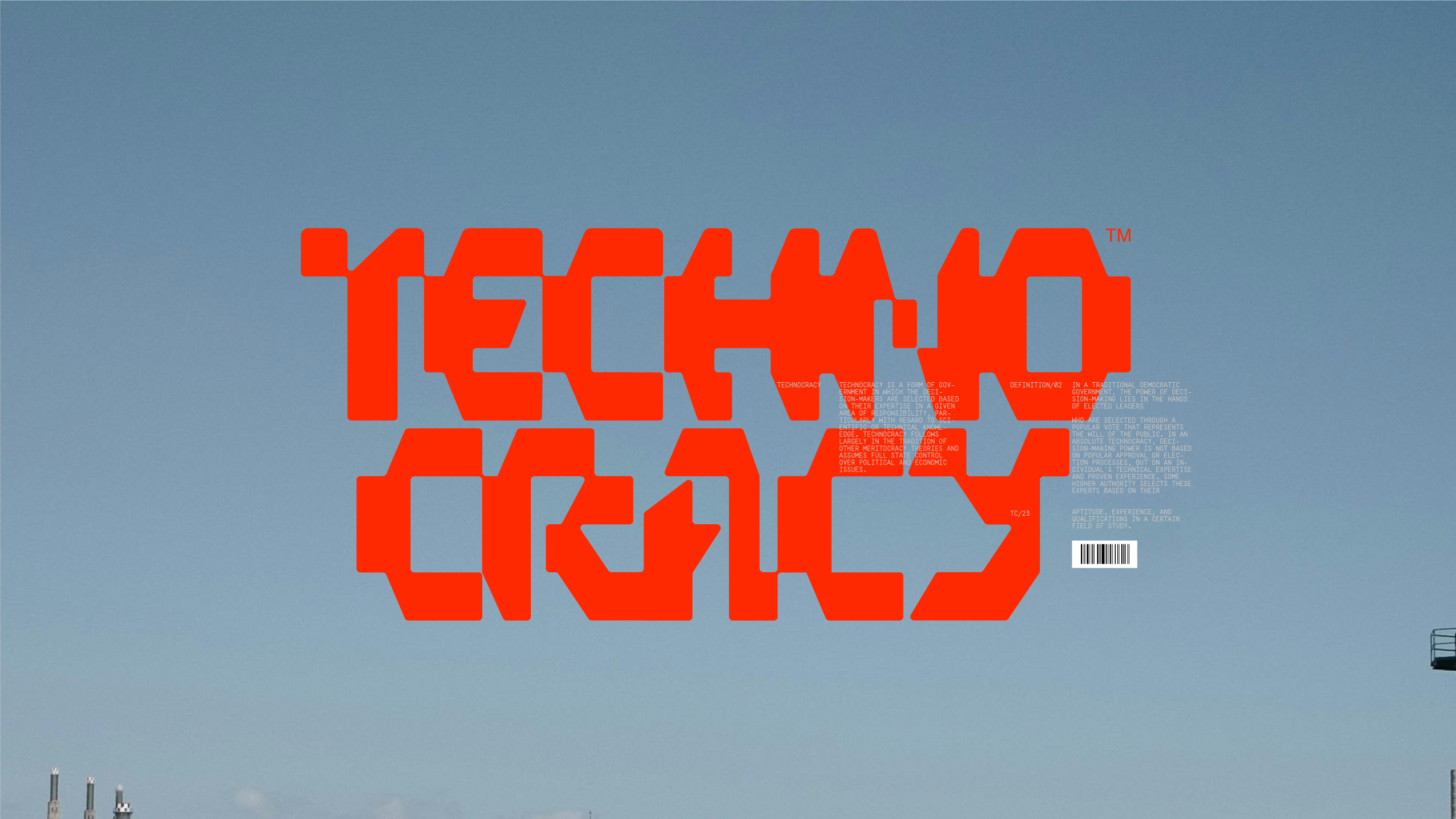
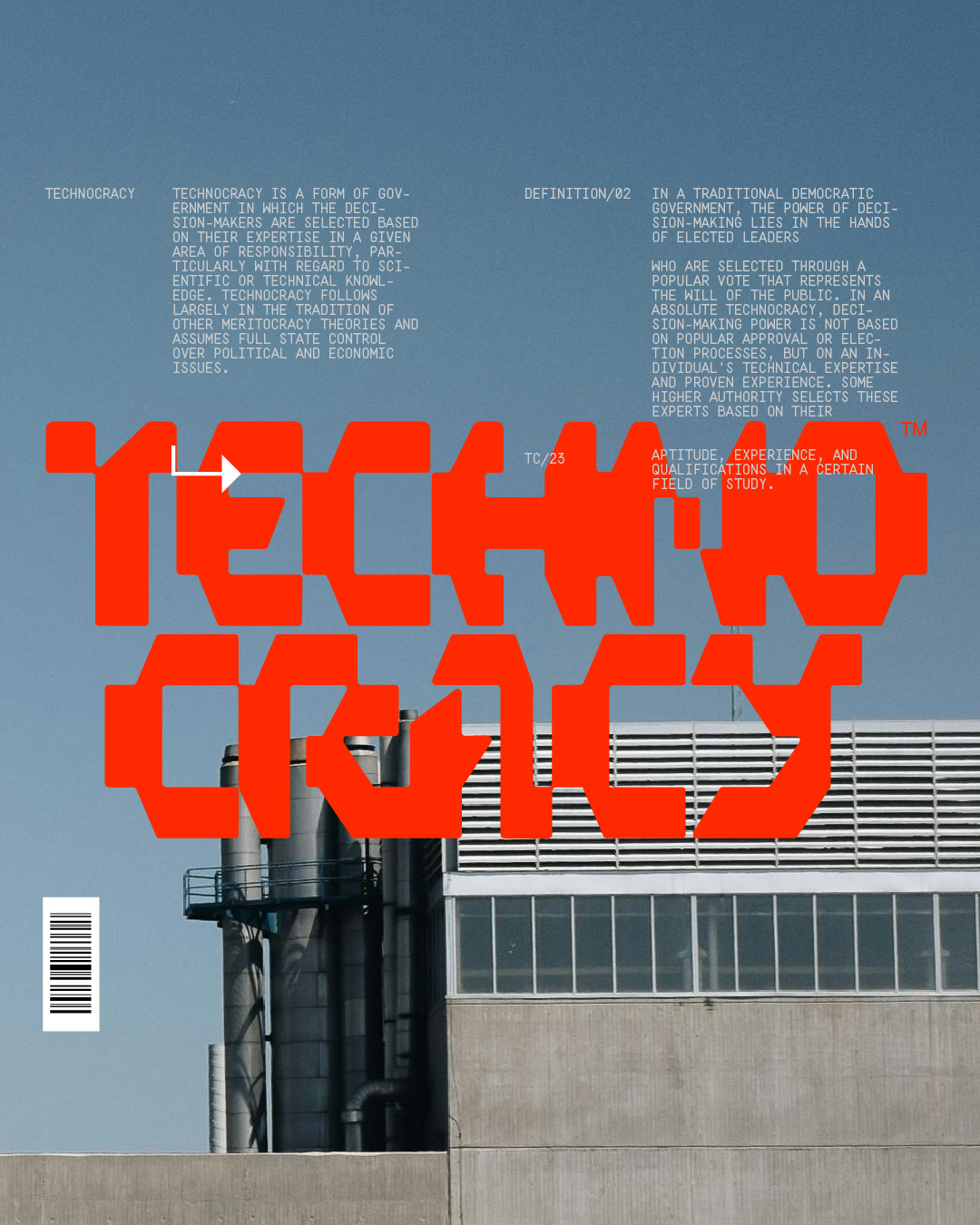
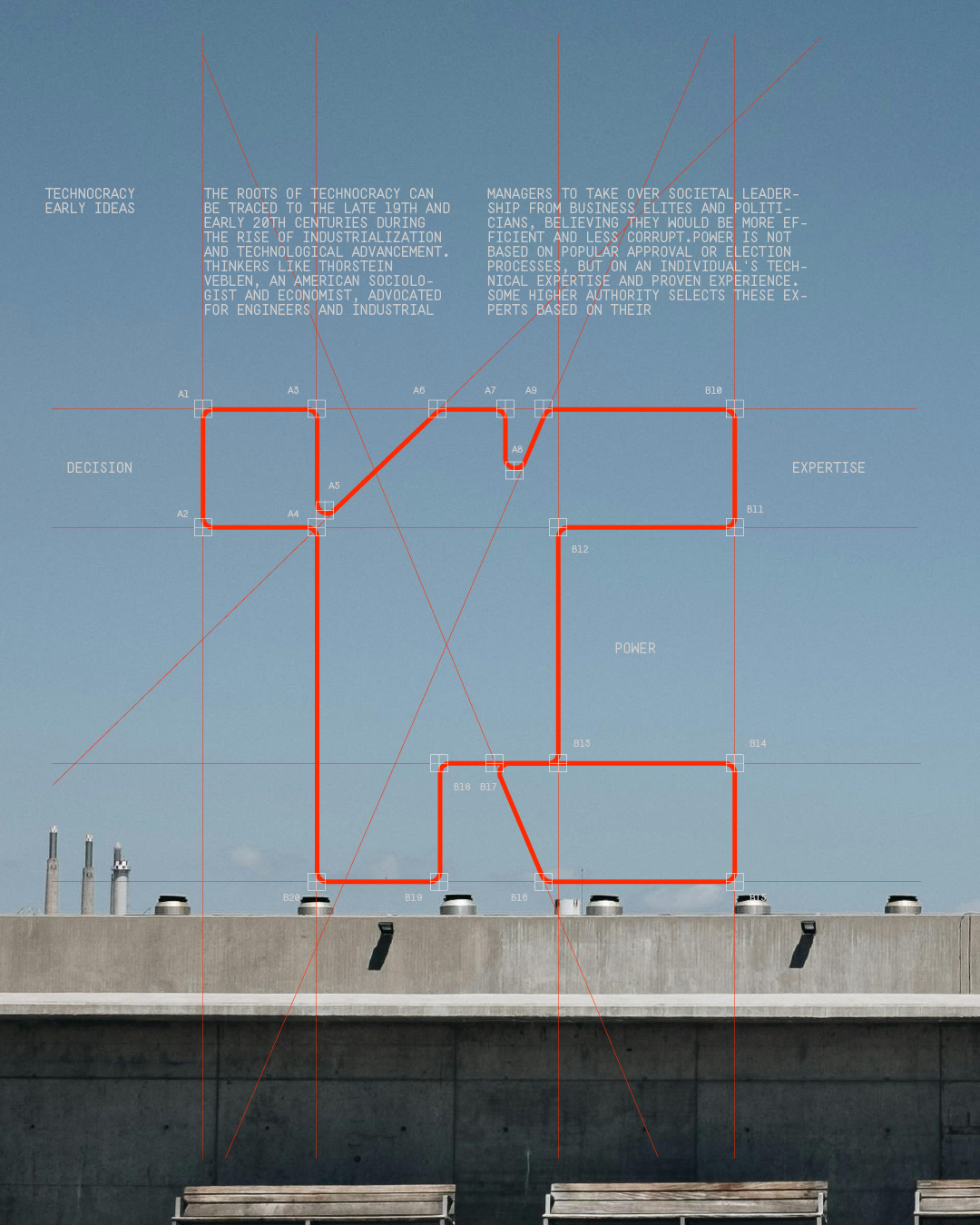
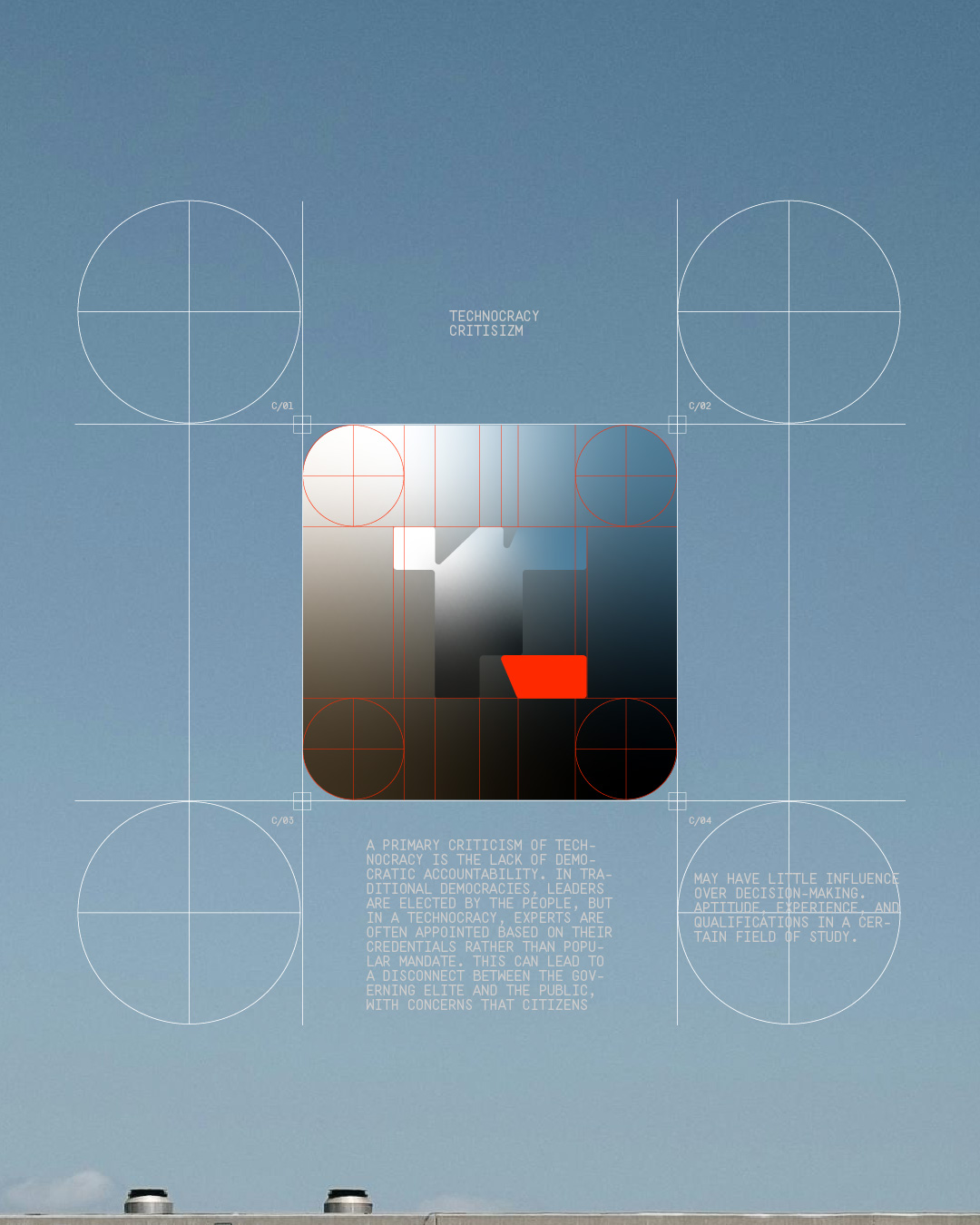
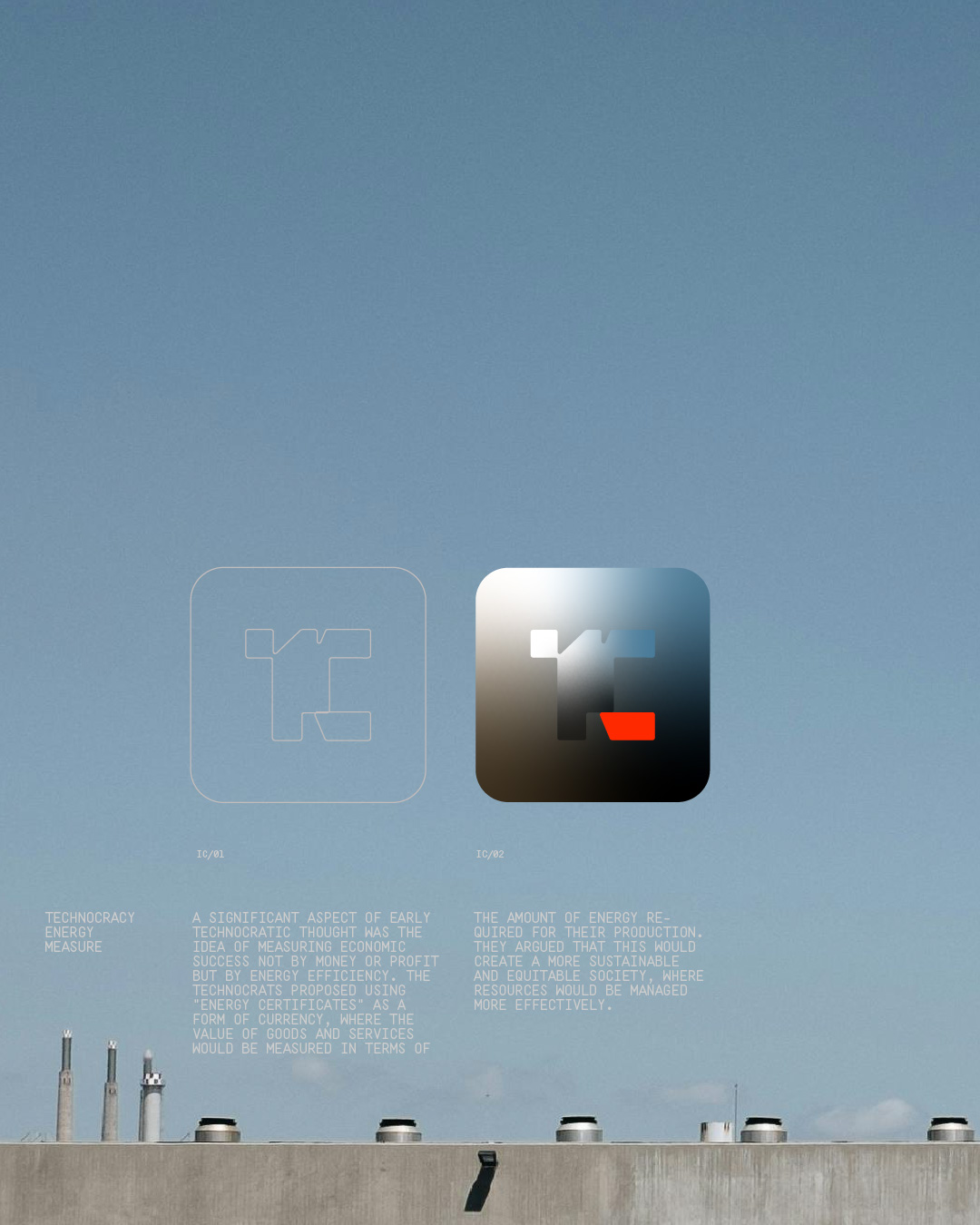
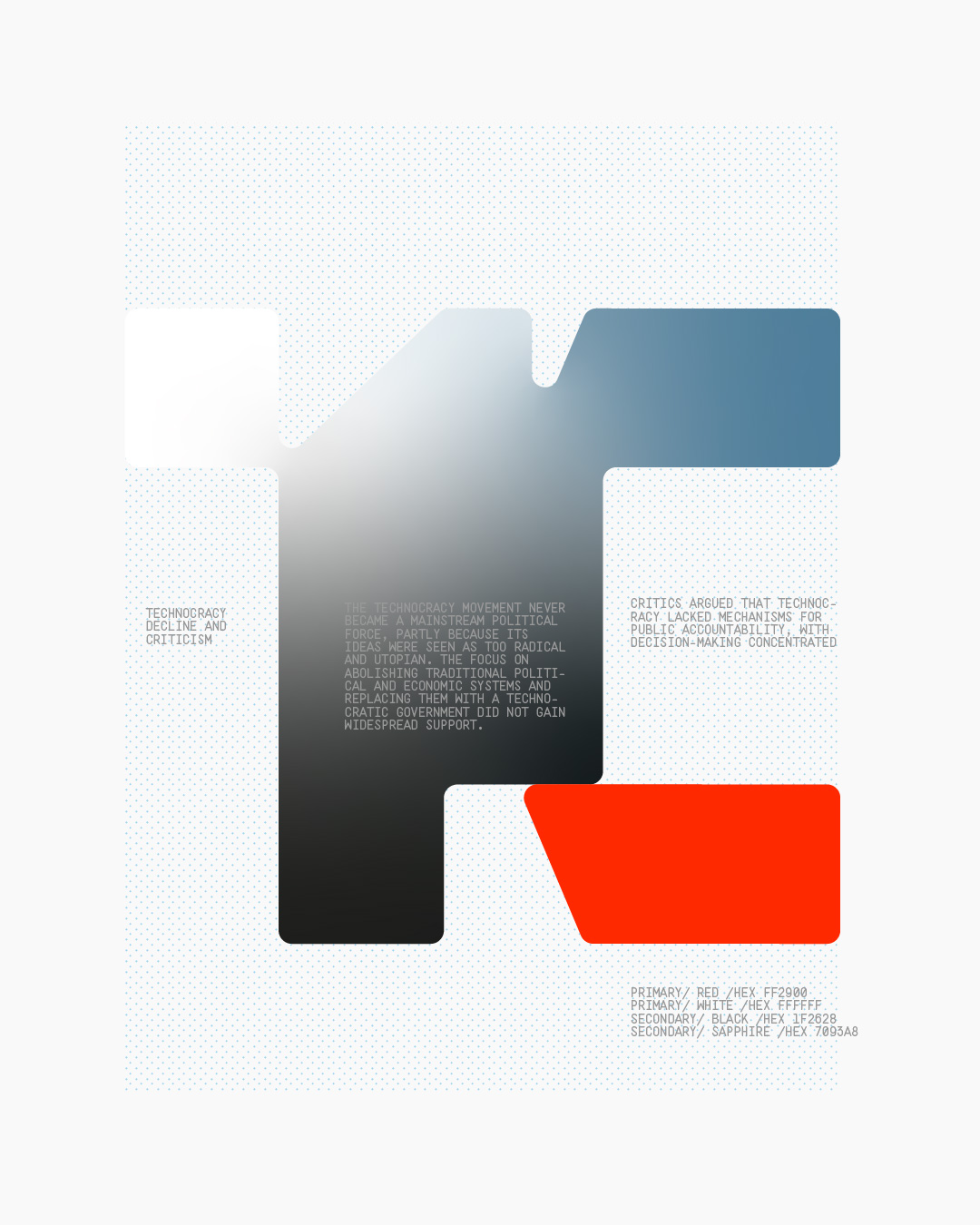
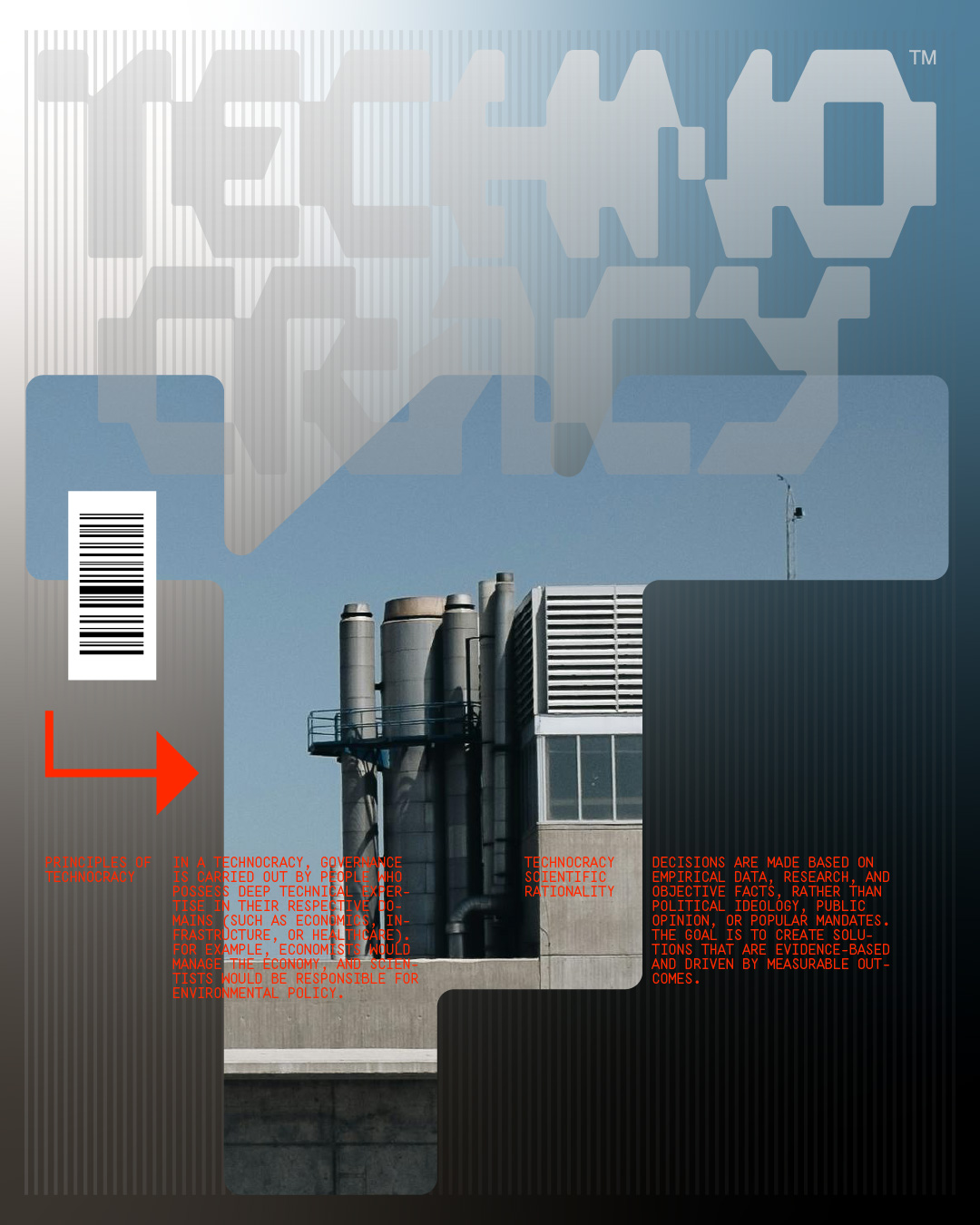
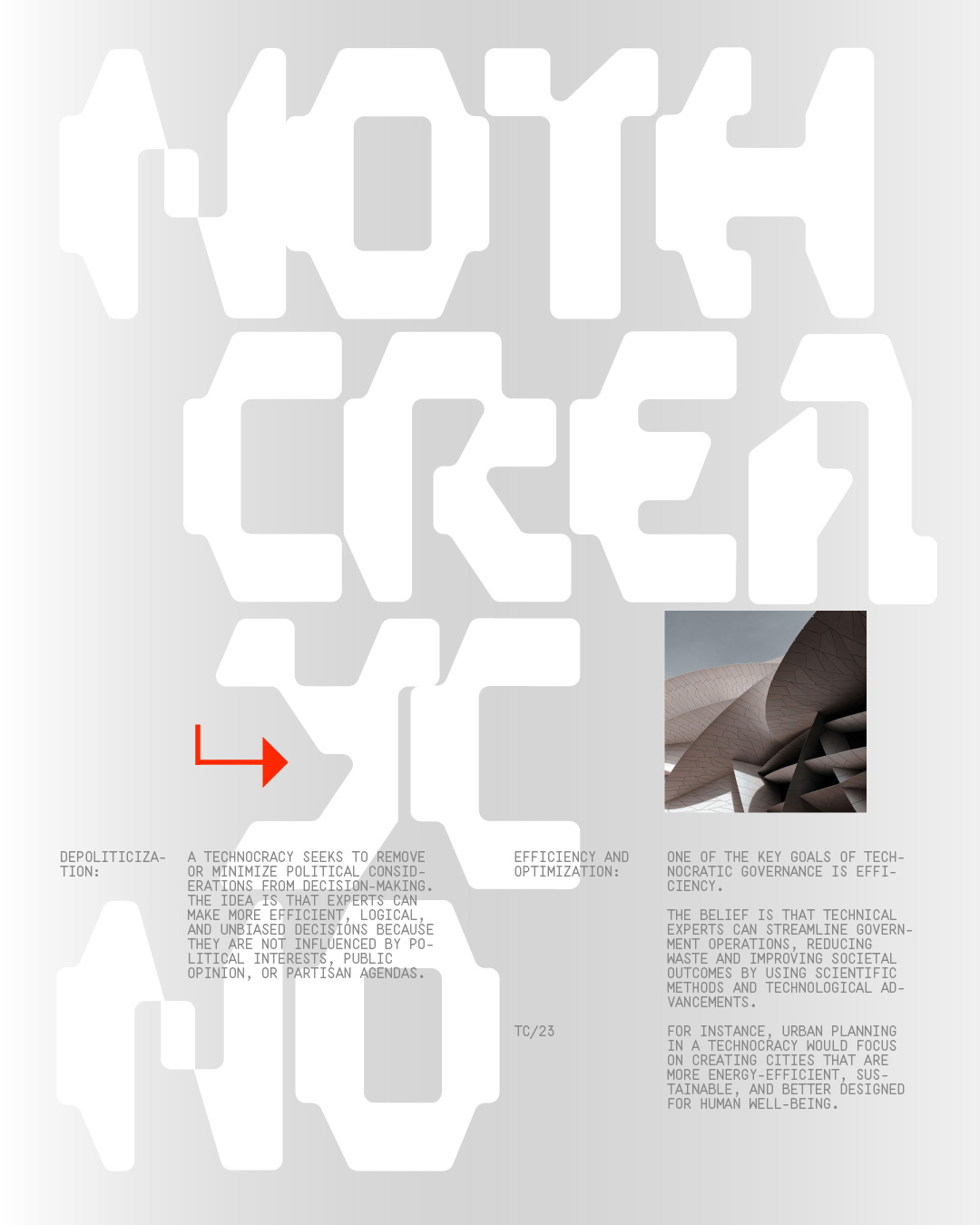
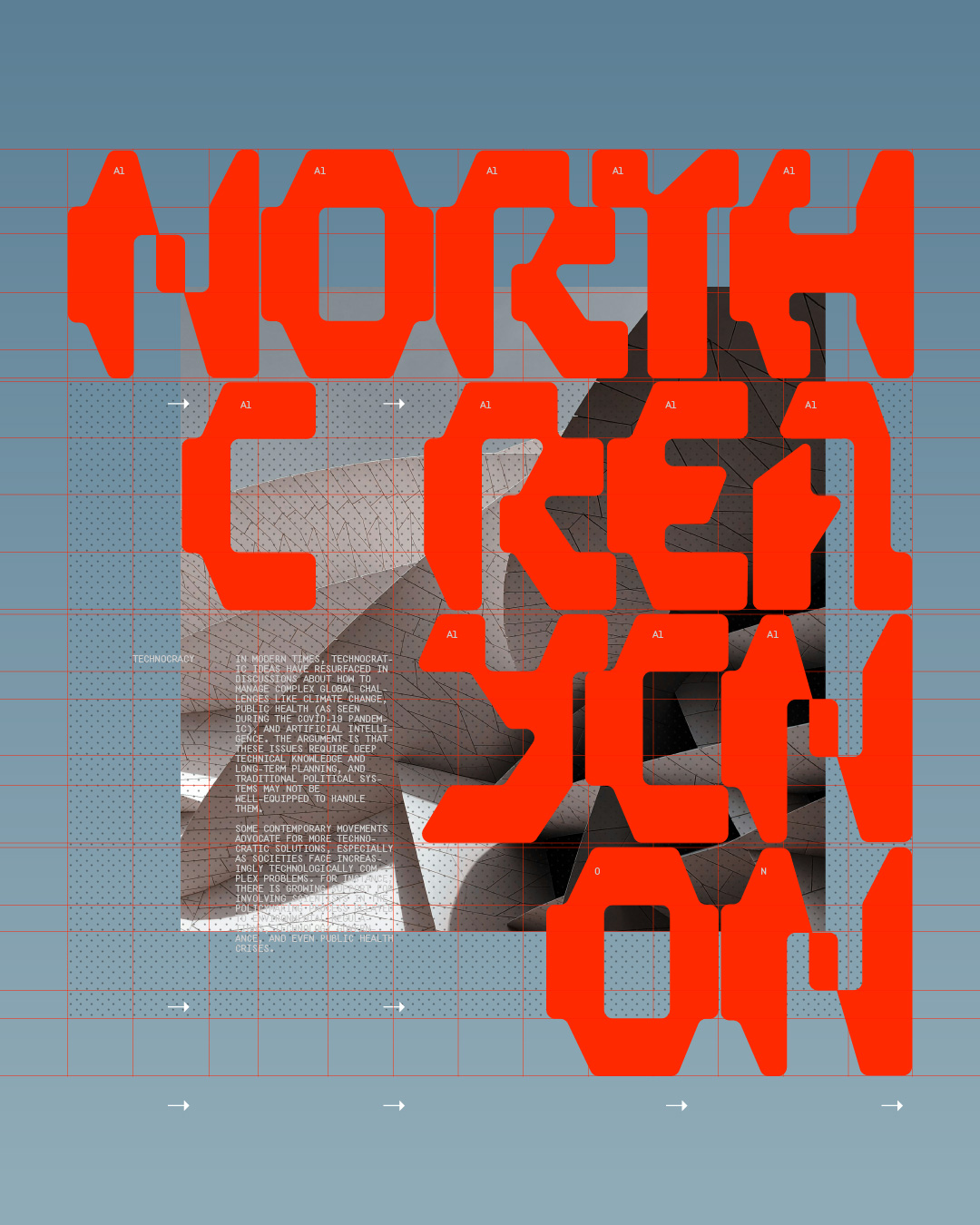
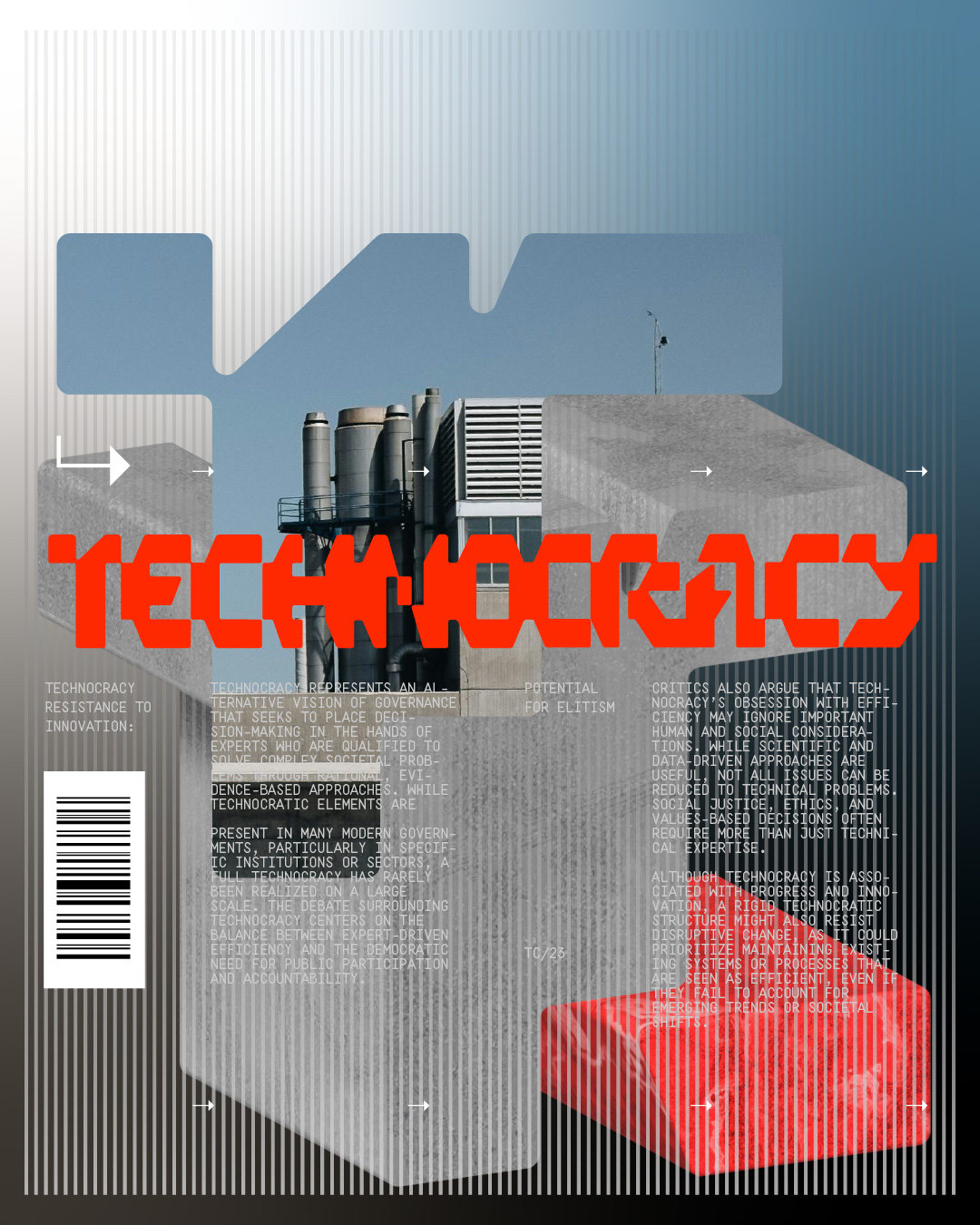


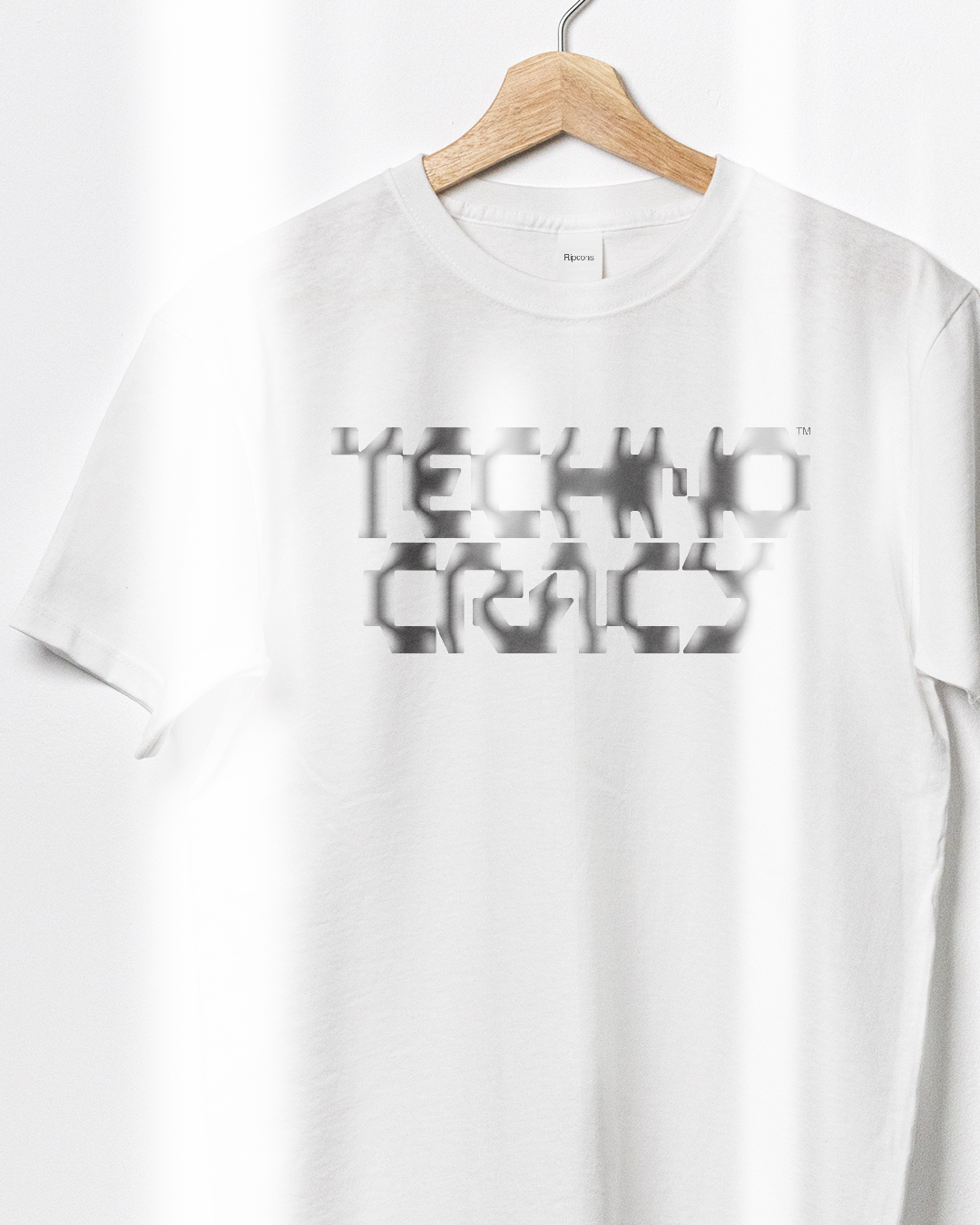
Some contemporary movements advocate for more technocratic solutions, especially as societies face increasingly technologically complex problems. For instance, there is growing support for involving scientists in the policymaking process related to environmental regulations, technology governance, and even public health crises.
Technocracy represents an alternative vision of governance that seeks to place decision-making in the hands of experts who are qualified to solve complex societal problems through rational, evidence-based approaches. While technocratic elements are present in many modern governments, particularly in specific institutions or sectors, a full technocracy has rarely been realized on a large scale. The debate surrounding technocracy centers on the balance between expert-driven efficiency and the democratic need for public participation and accountability.


